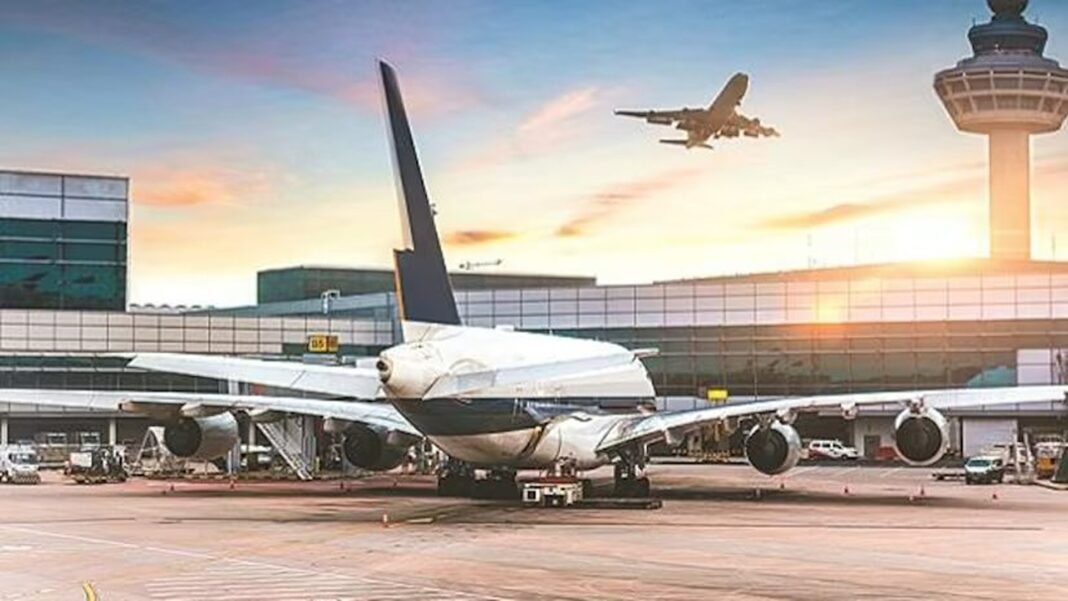The Bureau of Civil Aviation Security (BCAS) has called upon airports to carefully evaluate their flyer handling capacity before granting approvals for new flights. The move aims to ensure that airports can effectively manage the anticipated increase in passenger traffic and maintain high levels of safety and service standards.
With the aviation industry recovering from the impact of the global pandemic, there has been a surge in demand for air travel in various regions. As airports consider accommodating additional flights to meet the growing passenger needs, BCAS emphasizes the importance of assessing their existing infrastructure and resources to handle the increased volume of flyers.
The primary focus of BCAS is to maintain passenger safety and security while ensuring a smooth travel experience. Adequate infrastructure, including terminal facilities, baggage handling systems, security checkpoints, and boarding gates, is crucial to efficiently manage passenger flows and avoid congestion.
By evaluating the flyer handling capacity, airports can proactively identify potential bottlenecks and address them through infrastructure enhancements, process improvements, and technology adoption. Such assessments enable airports to maintain operational efficiency, minimize delays, and provide a seamless experience to passengers.
BCAS advises airports to collaborate closely with airlines, airport operators, and relevant stakeholders to determine the optimal handling capacity based on passenger demand forecasts and expected growth trends. It further recommends a periodic review of infrastructure and capacity to accommodate changing market dynamics and ensure the continued delivery of quality services.
Considering the diverse characteristics and unique requirements of each airport, BCAS encourages a tailored approach in assessing flyer handling capacity. This involves a comprehensive evaluation of both landside and airside facilities to accommodate the expected increase in passenger traffic without compromising safety or convenience.
The cooperation between BCAS and airports is crucial in maintaining the overall efficiency and integrity of the aviation sector. By aligning their efforts, they can create a sustainable framework that balances passenger demand, infrastructure capabilities, and regulatory requirements.
The BCAS advisory serves as a reminder to airports to take a proactive approach in managing their flyer handling capacity, ensuring that infrastructure investments and expansions align with passenger growth projections. By carefully assessing their capabilities and making necessary adjustments, airports can continue to provide seamless travel experiences while upholding safety standards and meeting the evolving needs of air travelers.




